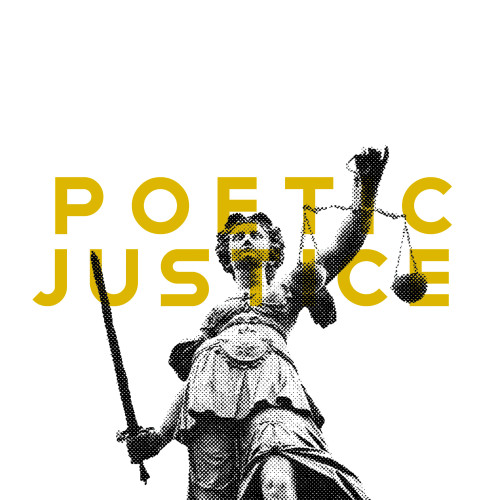
Restorative Writing
When the brain experiences trauma, the language centers shut down to make room for a very simple survival response: fight, flight, or freeze. Restorative writing then, is the practice of recovering the voice as a pathway through that trauma and into transformation. Creative thinking engages the brain in imagining alternatives - we call this hope. So creative and restorative writing is the bridge between one’s experiences and their ability to transform those experiences into a life filled with meaning, purpose, and dignity.
What is restorative writing?
Poetry as pedagogy
Poetry in particular is a deliberate and creative practice in healing. One word, one line at a time, we piece back together what happened, how it impacted the world around us, and what we might do from here.
Poetry doesn't demand linear or logical narrative, and trauma memories are rarely linear or logical either, so poetry's acceptance of fragmentation, metaphor, and figurative expression is critical to the healing process.
Assata Shakur, Dr. King, Nelson Mandela, and Jimmy Santiago Baca were all in prison when they chose to write poetry - maybe because poetry is where we turn to make sense of our hardest experiences.

